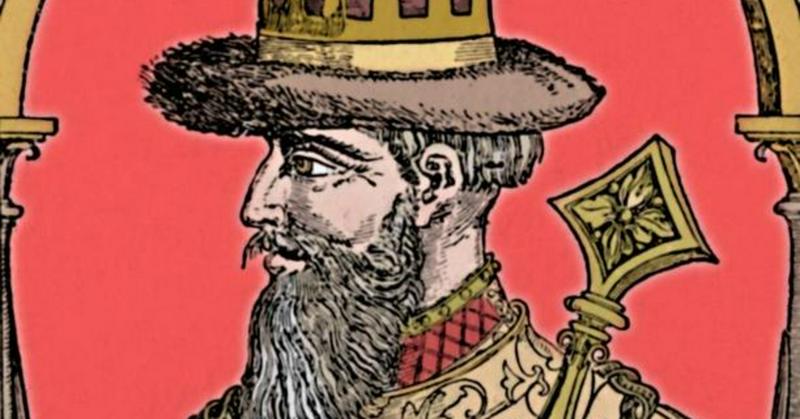Ivan The Terrible (And Why He Wasn't That Terrible)
By | April 20, 2021

As one of Russia's most notorious rulers, Ivan the Terrible has long been known as a bloodthirsty tyrant, but many historians believe he wasn't as evil as his moniker implies. In fact, it's possible his vivid nickname was simply the result of a mistranslation.
Ivan The Terrible
The Terrible was born Ivan Vasilyevich, or Ivan IV, on August 25, 1530 into the Rurik dynasty. By the time he was eight years old, the grandson of the apparently much friendlier Ivan the Great had lost both his parents, thrusting him into a political tug-of-war. He became a target of derision for those who questioned his mother's legitimacy in the wake of his father's death, leaving the young boy a paranoid, violent mess. He even suspected Russia's noble elite of being responsible for his mother's death. He had a softer side, enjoying fine literature and music, but he also liked torturing small animals. He contained multitudes.

Why Was Ivan Terrible?
Ivan IV was crowned the tsar of Musovy in 1547, the same year he married his first of seven wives, Anastasia Romanovna. The early years of his reign were his most productive: Just two years after being crowned, he established an advisory council to reform taxes and churches, set up a system of self-government for rural communities, and lay down the law on the noble elite.
Unfortunately, he also brought his paranoia to the crown. One of his first orders of business was establishing his own private police force, the Oprichniki, who were dressed all in black atop black horses and tasked with silencing any dissent. When his wife died in 1560, it seemed his wildest fears had come true. Believing she'd met the same fate as his mother at the hands of his enemies, Ivan threatened to give up the throne and leave Moscow, agreeing to stay only after the Muscovites allowed him absolute authority over the region. For the next 24 years, he could order the executions of criminals, traitors, and anyone who crossed him. According to legend, he blinded the architect who designed St. Basil's Cathedral, beat his pregnant daughter-in-law so severely that she miscarried, and then beat his own son to death when he came to his wife's defense.

Was Ivan Really So Terrible?
Modern historians wonder, however, how many of the atrocities credited to Ivan the Terrible really happened. Of particular contention is the death of his son, though with few surviving records of the time, the matter will likely never be settled either way. Whatever the case, the people of Russia almost certainly didn't award Ivan with a nickname denoting evil. They called him Ivan Grozny, which can be translated to "terrible," yes, but it's intended in a positive sense, as in "magnificent" or "imposing." He definitely had his enemies, and he didn't not earn them, but that also means plenty of people had cause to make stuff up that made him look bad. You know what they say: It's only paranoia if you're wrong.
Most likely, Ivan IV suffered from an undiagnosed mental illness exacerbated by the trauma of his parents' and wife's death. While history may remember him as terrible, the sad truth is that he was a tortured man who had flashes of brilliance amid the dark storm of violence.

